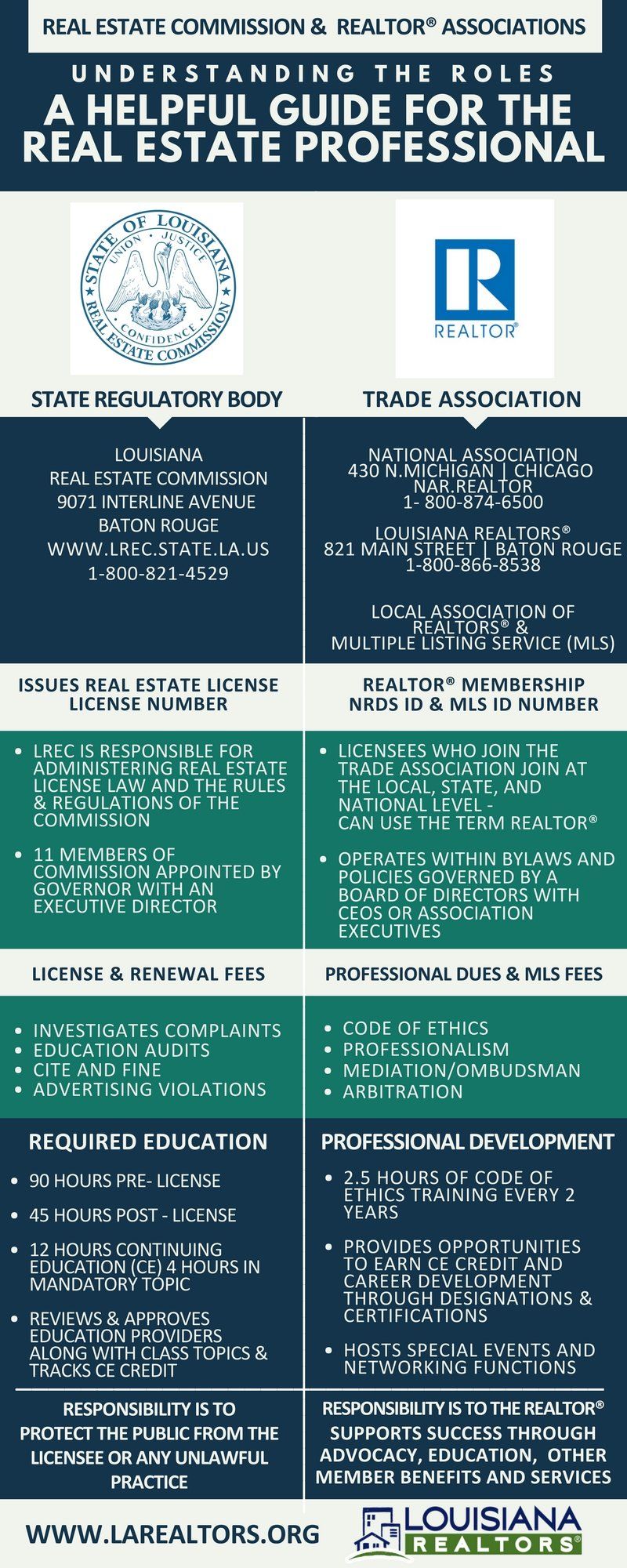
If you are interested in obtaining a real estate license in Illinois, you need to know the requirements for obtaining a real estate license. This article covers the requirements for obtaining an Illinois real estate license. It also discusses continuing education and revocation. It also answers some of the most frequent questions asked by exam takers. Please contact the Board of Real Estate Examiners with any questions. The Board of Examiners has the responsibility to ensure that laws are fair and that licensees are protected.
Article 15
Article 15 allows a licensed broker to act as a designated agent for a consumer. This relationship must be built on mutual consent. General Assembly found that the common laws of agency have led to misinterpretations that have resulted, and has had negative effects on consumers. The Act codifies this relationship to prevent such misunderstandings and promote stability in the real estate market. This Article does not apply to individuals or businesses that operate as sole proprietors.
A sponsoring broker must also own an Illinois office. The identification sign must be prominently displayed at the office. The records required by this act must be stored in a secure place and easily accessible to the Department. These records should be in the original format, and accessible via secure electronic acces. This article applies to licensed brokers in Illinois. You can find more information about these requirements below.

Real estate license requirements
You must be at minimum 18 years of age to become a licensed New York real estate agent. Pass the background check and take the state exams. You will also need to submit fingerprints. You must complete at least 75 hours of pre-license education and pass a criminal background check. A three-hour certificate must be completed on lead poisoning mitigation. Once you have your license, it is mandatory that you complete at minimum 24 hours of continuing learning every two years.
To qualify for a real estate license, you must complete prelicensing education. It can take between 40 and 200 hours, depending on where you live. Even in states without strict requirements, courses in fair housing as well as business will be required. To apply for a license you must also work as a broker. However, not all real estate licenses can be obtained online.
Requirements for continuing education
The Illinois Department of Financial and Professional Regulations requires that all real-estate agents and brokers must participate in certain continuing education (CE), each year, or for a regular time period. These requirements can be either pre-licensing-related or post-licensing. Pre-licensing CE will be approved by the real estate commission. Once licensure is obtained, the credits remaining must be earned.
Brokers and managing brokers must complete at least four hours each year of CE to meet the requirements. These courses must cover real estate ethics, agency disclosures, fair housing and license law. CE courses are offered through IDFPR's website and through state agencies. Use the information provided by their website to locate CE courses near you or learn more about Illinois' requirements.

Revocation of a real estate license
A disciplinary action against someone for violating Illinois' real estate laws is the revocation of a license. Although it is possible to get a license back if you are inactive, there are some requirements. Listed below are the most common reasons for revocation and how to appeal the decision. Learn more about your rights to be an agent.
Revocation of a real-estate license can occur for a variety of reasons, including failure to meet professional standards, misconduct, or misconduct. Some examples of this include the following cases: Naomi J. Sutton lost her license as a Real Estate Salesperson after receiving a criminal conviction. William J. Gerard Sr. was another example. He didn't disclose his status in real estate on his documents.
FAQ
How do I eliminate termites and other pests?
Your home will be destroyed by termites and other pests over time. They can cause serious destruction to wooden structures like decks and furniture. A professional pest control company should be hired to inspect your house regularly to prevent this.
Should I rent or own a condo?
Renting could be a good choice if you intend to rent your condo for a shorter period. Renting lets you save on maintenance fees as well as other monthly fees. A condo purchase gives you full ownership of the unit. You can use the space as you see fit.
How much money can I get to buy my house?
This varies greatly based on several factors, such as the condition of your home and the amount of time it has been on the market. The average selling price for a home in the US is $203,000, according to Zillow.com. This
Statistics
- When it came to buying a home in 2015, experts predicted that mortgage rates would surpass five percent, yet interest rates remained below four percent. (fortunebuilders.com)
- Over the past year, mortgage rates have hovered between 3.9 and 4.5 percent—a less significant increase. (fortunebuilders.com)
- Some experts hypothesize that rates will hit five percent by the second half of 2018, but there has been no official confirmation one way or the other. (fortunebuilders.com)
- This means that all of your housing-related expenses each month do not exceed 43% of your monthly income. (fortunebuilders.com)
- Based on your credit scores and other financial details, your lender offers you a 3.5% interest rate on loan. (investopedia.com)
External Links
How To
How to Manage a Property Rental
While renting your home can make you extra money, there are many things that you should think about before making the decision. We'll show you what to consider when deciding whether to rent your home and give you tips on managing a rental property.
Here are some things you should know if you're thinking of renting your house.
-
What should I consider first? Before you decide if your house should be rented out, you need to examine your finances. If you have any debts such as credit card or mortgage bills, you might not be able pay for someone to live in the home while you are away. You should also check your budget - if you don't have enough money to cover your monthly expenses (rent, utilities, insurance, etc. It may not be worth it.
-
How much will it cost to rent my house? The cost of renting your home depends on many factors. These include things like location, size, features, condition, and even the season. It's important to remember that prices vary depending on where you live, so don't expect to get the same rate everywhere. Rightmove shows that the median market price for renting one-bedroom flats in London is approximately PS1,400 per months. This would translate into a total of PS2,800 per calendar year if you rented your entire home. While this isn't bad, if only you wanted to rent out a small portion of your house, you could make much more.
-
Is it worthwhile? You should always take risks when doing something new. But, if it increases your income, why not try it? It is important to understand your rights and responsibilities before signing anything. You will need to pay maintenance costs, make repairs, and maintain the home. Renting your house is not just about spending more time with your family. You should make sure that you have thoroughly considered all aspects before you sign on!
-
Are there any advantages? You now know the costs of renting out your house and feel confident in its value. Now, think about the benefits. You have many options to rent your house: you can pay off debt, invest in vacations, save for rainy days, or simply relax from the hustle and bustle of your daily life. You will likely find it more enjoyable than working every day. You could make renting a part-time job if you plan ahead.
-
How do you find tenants? After you have decided to rent your property, you will need to properly advertise it. Online listing sites such as Rightmove, Zoopla, and Zoopla are good options. Once potential tenants reach out to you, schedule an interview. This will help to assess their suitability for your home and confirm that they are financially stable.
-
How can I make sure that I'm protected? If you're worried about leaving your home empty, you'll need to ensure you're fully protected against damage, theft, or fire. Your landlord will require you to insure your house. You can also do this directly with an insurance company. Your landlord will likely require you to add them on as additional insured. This is to ensure that your property is covered for any damages you cause. However, this doesn't apply if you're living abroad or if your landlord isn't registered with UK insurers. In this case, you'll need to register with an international insurer.
-
Sometimes it can feel as though you don’t have the money to spend all day looking at tenants, especially if there are no other jobs. However, it is important that you advertise your property in the best way possible. A professional-looking website is essential. You can also post ads online in local newspapers or magazines. It is also necessary to create a complete application form and give references. Some people prefer to do everything themselves while others hire agents who will take care of all the details. You'll need to be ready to answer questions during interviews.
-
What happens once I find my tenant You will need to notify your tenant about any changes you make, such as changing moving dates, if you have a lease. Otherwise, you can negotiate the length of stay, deposit, and other details. Keep in mind that you will still be responsible for paying utilities and other costs once your tenancy ends.
-
How do I collect the rent? When it comes to collecting the rent, you will need to confirm that the tenant has made their payments. You'll need remind them about their obligations if they have not. You can deduct any outstanding payments from future rents before sending them a final bill. You can call the police if you are having trouble getting hold of your tenant. They won't normally evict someone unless there's been a breach of contract, but they can issue a warrant if necessary.
-
How do I avoid problems? Although renting your home is a lucrative venture, it is also important to be safe. Install smoke alarms, carbon monoxide detectors, and security cameras. Also, make sure you check with your neighbors to see if they allow you to leave your home unlocked at night. You also need adequate insurance. You must also make sure that strangers are not allowed to enter your house, even when they claim they're moving in the next door.